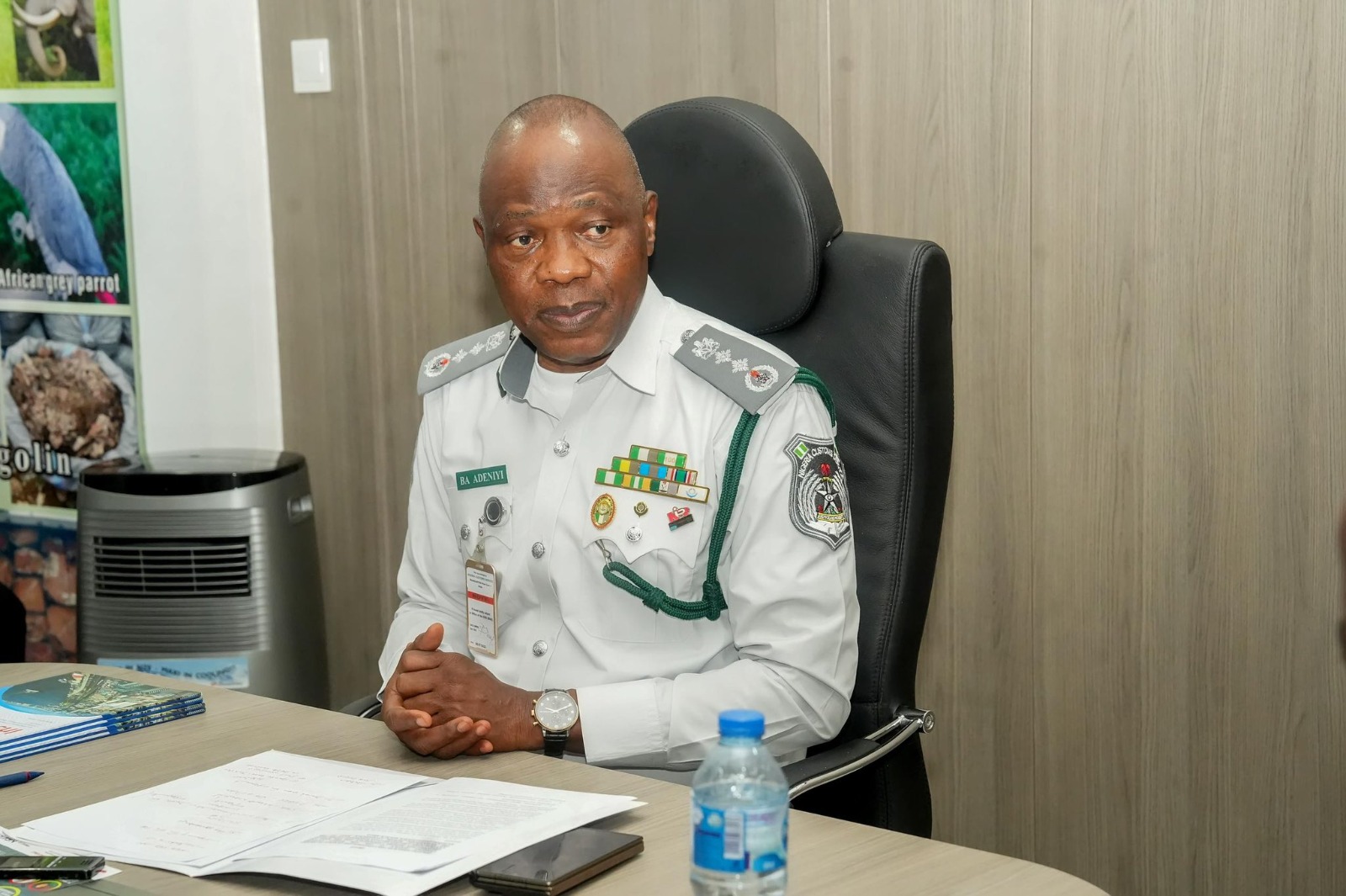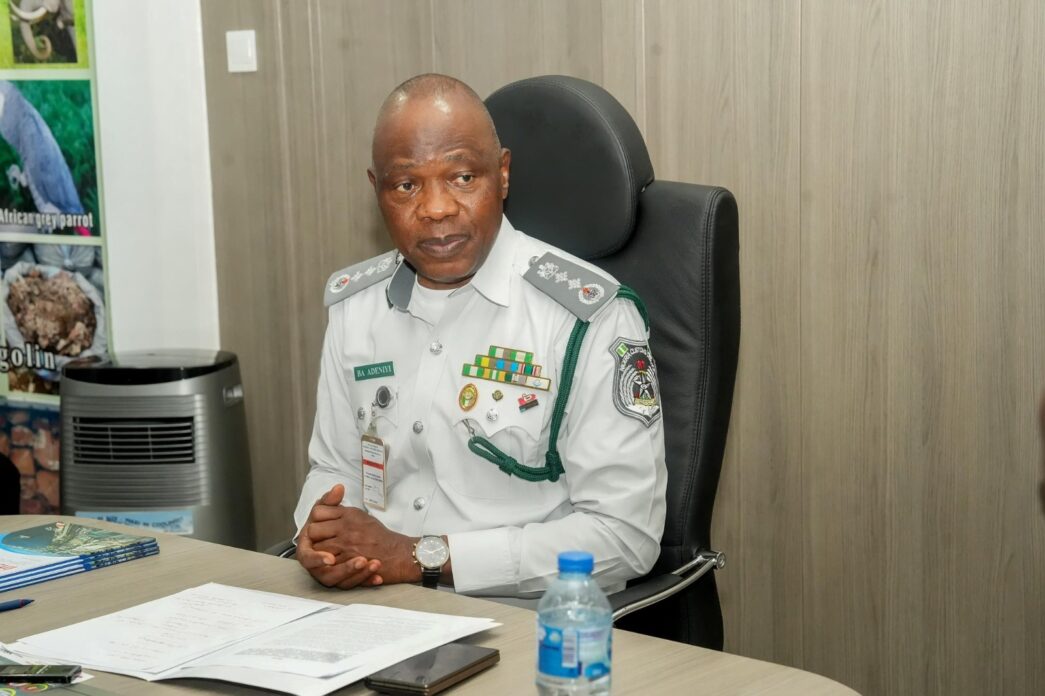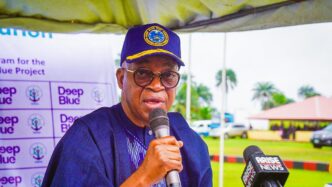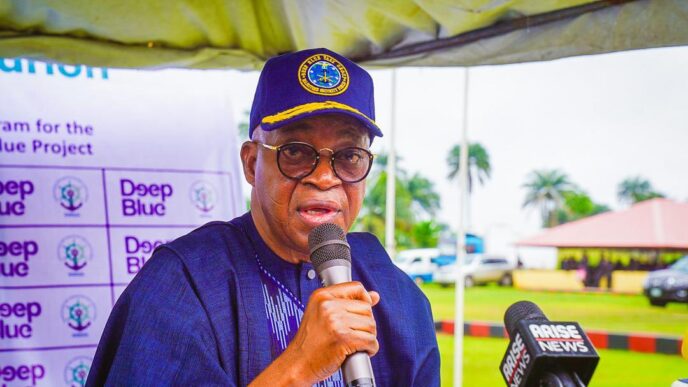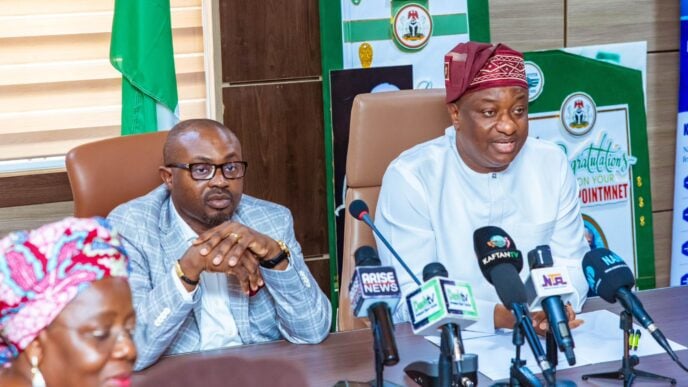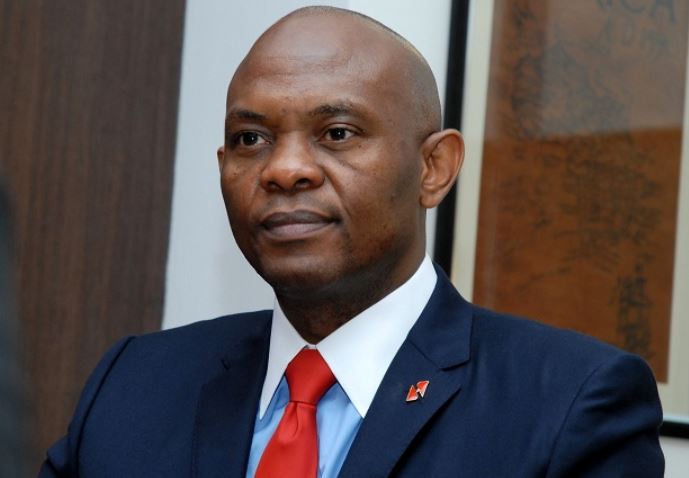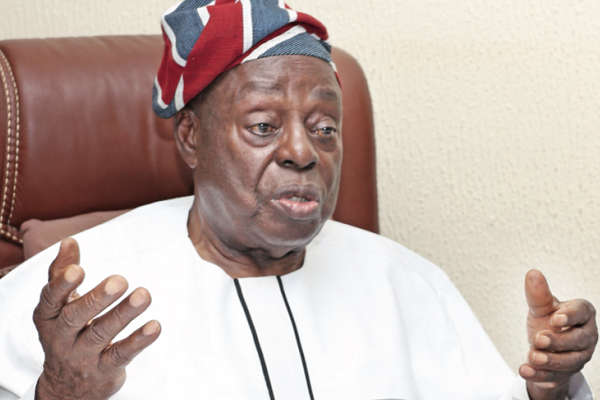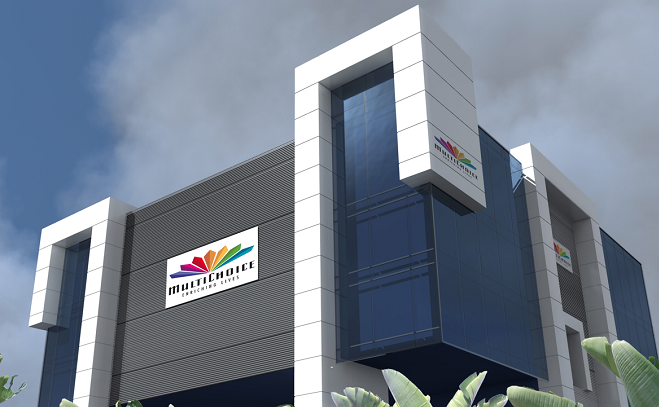Adewale Adeniyi, the comptroller-general of the Nigeria Customs Service (NCS), says the lack of adequate digital infrastructure is hindering customs operations across West and Central Africa (WCA).
Adeniyi spoke on Wednesday at the opening of the fourth World Customs Organisation (WCO) donors conference for the WCA region in Abuja.
He said the region faces several technical challenges, including limited interconnectivity between national customs systems, which hampers effective information sharing and the seamless processing of declarations.
Adeniyi said the region also lacks the technical capacity to implement advanced customs procedures such as post-clearance audits and authorised economic operator (AEO) programmes.
Advertisement
“We (WCA) have challenges in effectively implementing technical aspects of the African Continental Free Trade Area (AfCFTA) rules of origin and other trade facilitation instruments,” he said.
“Technical barriers to implementing coordinated border management with other regulatory agencies, fragile borders, and the fast-paced evolution of e-commerce are also part of the challenges.”
Adeniyi said the hurdles are impacting trade facilitation and revenue collection across the region, but emphasised that they could be tackled with the right technical support and partnerships.
Advertisement
He noted that Nigeria has made measurable progress in addressing some of the issues through targeted reforms.
“Our experience offers valuable insights into the impact of targeted modernisation initiatives,” he said.
“We have successfully deployed the indigenously developed B’Odogwu platform, enhancing our digital capabilities for customs processing.
“We have established technical interfaces with other government agencies involved in trade, facilitating coordinated border management.
Advertisement
“We are deploying advanced scanners at our major ports, significantly enhancing our non-intrusive inspection capabilities.”
‘OVER 5,000 TRAINED ON POST-CLEARANCE AUDITS, VALUATION’
Adeniyi said over 5,000 officers have been trained in specialised technical areas including valuation, classification, rules of origin, and post-clearance audits.
According to the NCS boss, the interventions have reduced clearance times, leading to a 90 percent increase in revenue collection — exceeding targets by 20 percent — and improved compliance rates.
Advertisement
The customs boss identified five key initiatives that require support from development partners.
The initiatives include regional interconnectivity, a competency-based human resource management system, technology-driven illicit trade detection, AfCFTA implementation support, and regional single-window integration.
Advertisement
Adeniyi called for a collaborative approach to tackling the challenges facing customs operations in the region, urging participants at the conference to propose practical and scalable solutions rooted in local capacity building.
In his remarks, Wale Edun, the minister of finance and coordinating minister of the economy, said the conference aligns with the federal government’s agenda to mobilise resources for programmes aimed at improving customs operations in the region.
Advertisement
He said the forum serves as a platform for countries to outline their priorities and reinforce their commitments to the transparent and effective use of donor resources.
On his part, Ian Sanders, secretary-general of the WCO, said the conference is designed to strengthen engagement between customs administrations and development partners.
Advertisement
Sanders, represented by Ebenezer Tafili, deputy director of the WCO’s capacity building directorate, said the event also sought to raise awareness among customs authorities on the priorities and strategies of donors, and attract funding for their implementation.
